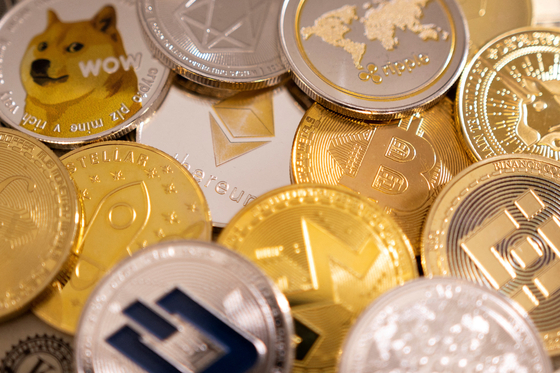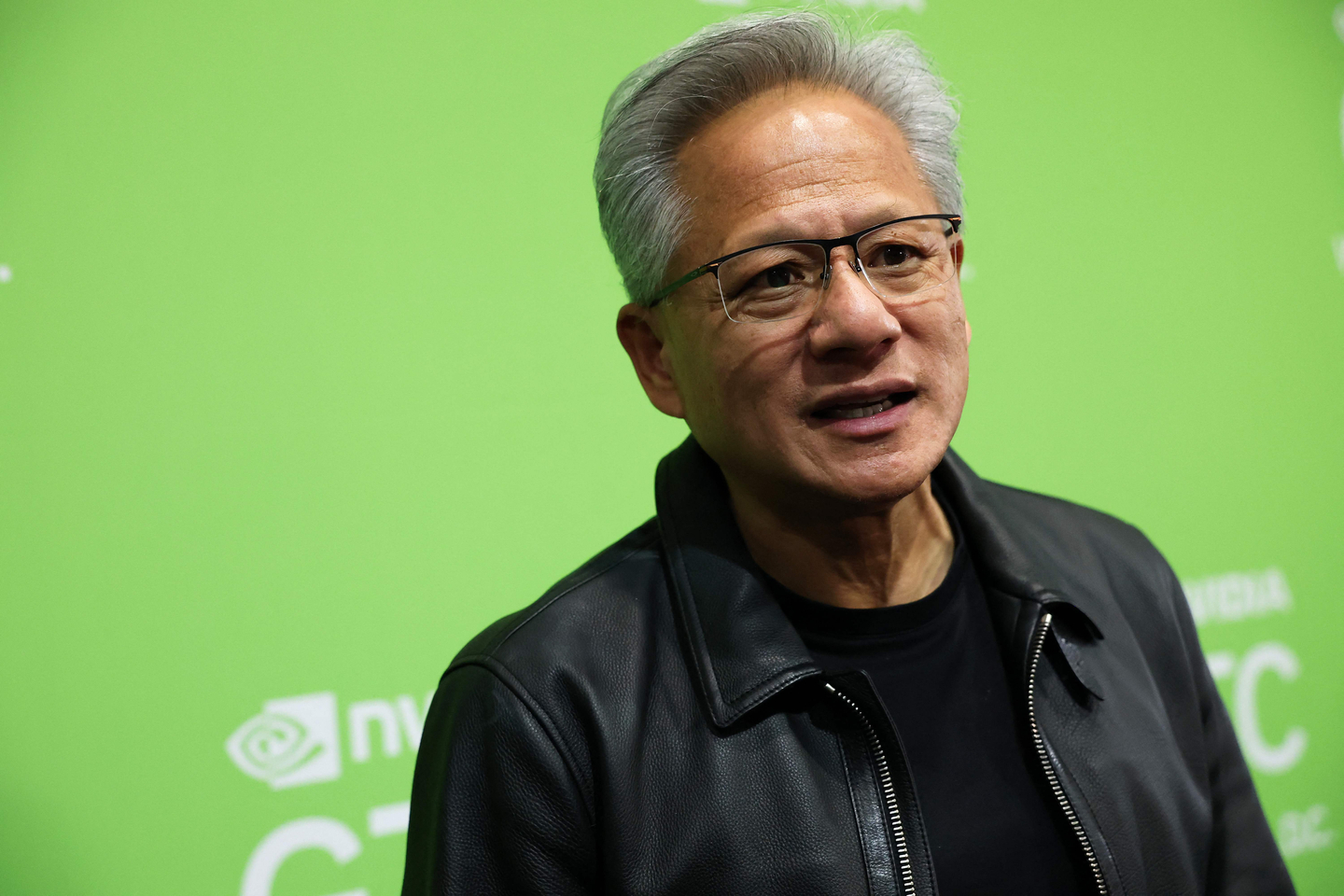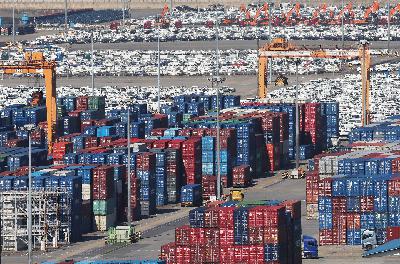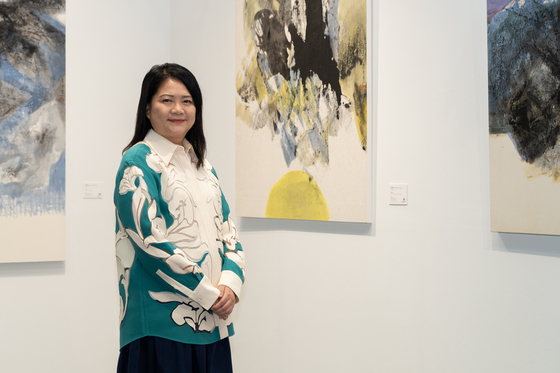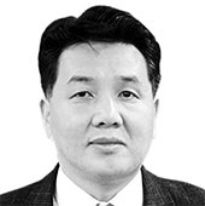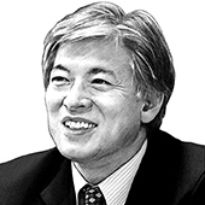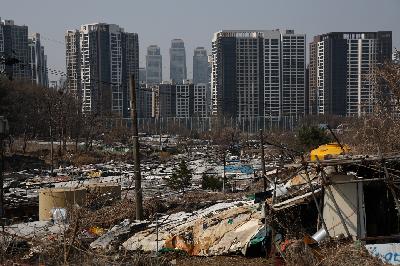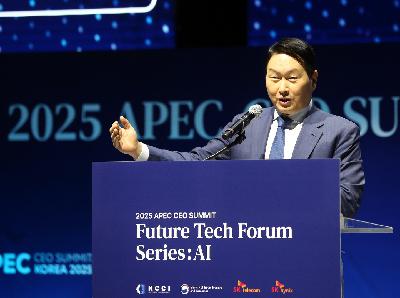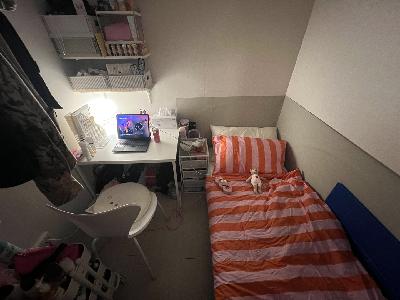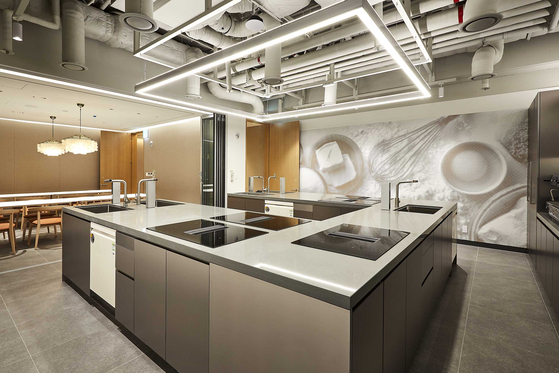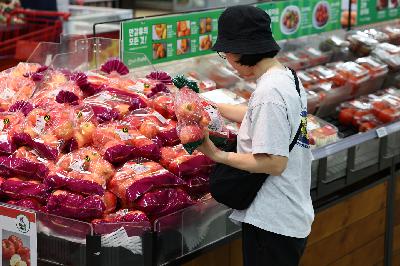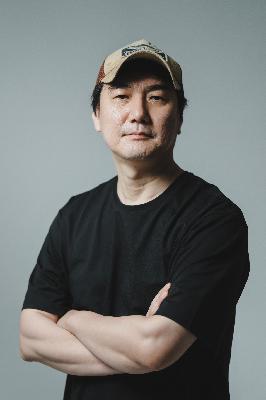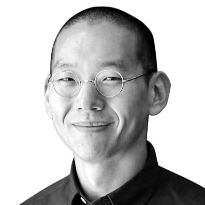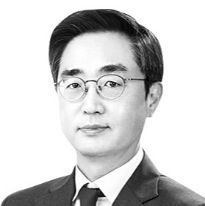Much is on the line for South Korea as world leaders convene for APEC summit
Update: 2025-10-23
Description
This article is by Seo Ji-eun and read by an artificial voice.
The Asia-Pacific Economic Cooperation (APEC) Economic Leaders' Meeting returns to South Korea next week for the first time in 20 years, and the usually economy-focused forum is taking on outsized diplomatic and security implications.
Held in the historic city of Gyeongju in North Gyeongsang, the gathering is expected to see 21 world leaders, including U.S. President Donald Trump and Chinese President Xi Jinping, under the theme "Building a Sustainable Tomorrow."
The APEC CEO Summit will take place from Oct. 29 to 31, alongside the ministerial meetings on Oct. 29 to 30. The Economic Leaders' Meeting will take place from Oct. 31 to Nov. 1 and is expected to draw around 20,000 delegates, executives and officials - marking the first major multilateral diplomatic event hosted in Korea under President Lee Jae Myung's leadership.
Amid great-power rivalries, Seoul faces the complex task of courting Washington's favor amid tough trade talks.
There are also challenges of balancing Beijing's presence, nurturing Tokyo's friendship and managing Pyongyang's menace - all while advancing this year's APEC agenda of digital innovation and demographic challenges.
The question for South Korea and its APEC partners is whether they can bridge that divide and reaffirm open cooperation in the face of fracture, or whether this summit will simply mirror the "new normal" of a divided world. The outcomes in Gyeongju will have repercussions far beyond Korea's shores, marking perhaps the most pivotal moment in Asia-Pacific diplomacy this year.
For host nation South Korea, following up with the United States will be at the top of the agenda during the whirlwind APEC gathering.
Trade, including a stalled tariff and investment deal, has become the thorniest issue in bilateral relations lately.
Washington had imposed steep 25 percent tariffs on South Korean automobiles - a rate the two sides are now negotiating to reduce to the 15 percent level it set for other trading partners, as leverage to extract a massive South Korean investment commitment.
Seoul bristled at an initial U.S. demand for an "upfront" $350 billion investment - largely equity stakes - fearing it would destabilize Korean export markets.
Seoul recently dispatched senior negotiators to Washington for urgent talks aimed at closing the gap on this deal before the APEC gathering.
Progress has been made, with U.S. officials reportedly dropping the entire payment demand in cash. Both sides are exploring an agreement to be announced when the two leaders meet in Gyeongju.
Professor Min Jeong-hun of the Department of American Studies at the Korea National Diplomatic Academy said that Trump will likely "seek tangible achievements from his multinational trip to Asia," thus the tariff negotiations are highly likely to be finalized at the Korea-U.S. summit.
"The two leaders could give a final 'OK' at their Oct. 29 meeting and issue a fact sheet summarizing agreed items on economic and trade issues, even if not a full joint statement," Min said.
According to diplomatic sources, the security-related provisions, already agreed upon, are pending announcement. They are expected to include commitments to "modernizing" the alliance, maintaining current defense cost-sharing levels and strengthening Korea's rights to enrich and reprocess nuclear materials for civilian energy purposes.
Foreign Minister Cho Hyun said on a radio interview on Thursday that Seoul "plans to begin negotiations soon," adding that to produce its own fuel at the industrial level, it needs to enrich uranium and reprocess and reuse materials, and that the government made that point "very strongly" to the United States, which accepted it. His remarks suggest that Washington has signaled its understanding of Seoul's request for greater autonomy in both enrichment and reprocessing.
South Korea's president will also host Chinese leader Xi Jinping, who is coming to Korea for the f...
The Asia-Pacific Economic Cooperation (APEC) Economic Leaders' Meeting returns to South Korea next week for the first time in 20 years, and the usually economy-focused forum is taking on outsized diplomatic and security implications.
Held in the historic city of Gyeongju in North Gyeongsang, the gathering is expected to see 21 world leaders, including U.S. President Donald Trump and Chinese President Xi Jinping, under the theme "Building a Sustainable Tomorrow."
The APEC CEO Summit will take place from Oct. 29 to 31, alongside the ministerial meetings on Oct. 29 to 30. The Economic Leaders' Meeting will take place from Oct. 31 to Nov. 1 and is expected to draw around 20,000 delegates, executives and officials - marking the first major multilateral diplomatic event hosted in Korea under President Lee Jae Myung's leadership.
Amid great-power rivalries, Seoul faces the complex task of courting Washington's favor amid tough trade talks.
There are also challenges of balancing Beijing's presence, nurturing Tokyo's friendship and managing Pyongyang's menace - all while advancing this year's APEC agenda of digital innovation and demographic challenges.
The question for South Korea and its APEC partners is whether they can bridge that divide and reaffirm open cooperation in the face of fracture, or whether this summit will simply mirror the "new normal" of a divided world. The outcomes in Gyeongju will have repercussions far beyond Korea's shores, marking perhaps the most pivotal moment in Asia-Pacific diplomacy this year.
For host nation South Korea, following up with the United States will be at the top of the agenda during the whirlwind APEC gathering.
Trade, including a stalled tariff and investment deal, has become the thorniest issue in bilateral relations lately.
Washington had imposed steep 25 percent tariffs on South Korean automobiles - a rate the two sides are now negotiating to reduce to the 15 percent level it set for other trading partners, as leverage to extract a massive South Korean investment commitment.
Seoul bristled at an initial U.S. demand for an "upfront" $350 billion investment - largely equity stakes - fearing it would destabilize Korean export markets.
Seoul recently dispatched senior negotiators to Washington for urgent talks aimed at closing the gap on this deal before the APEC gathering.
Progress has been made, with U.S. officials reportedly dropping the entire payment demand in cash. Both sides are exploring an agreement to be announced when the two leaders meet in Gyeongju.
Professor Min Jeong-hun of the Department of American Studies at the Korea National Diplomatic Academy said that Trump will likely "seek tangible achievements from his multinational trip to Asia," thus the tariff negotiations are highly likely to be finalized at the Korea-U.S. summit.
"The two leaders could give a final 'OK' at their Oct. 29 meeting and issue a fact sheet summarizing agreed items on economic and trade issues, even if not a full joint statement," Min said.
According to diplomatic sources, the security-related provisions, already agreed upon, are pending announcement. They are expected to include commitments to "modernizing" the alliance, maintaining current defense cost-sharing levels and strengthening Korea's rights to enrich and reprocess nuclear materials for civilian energy purposes.
Foreign Minister Cho Hyun said on a radio interview on Thursday that Seoul "plans to begin negotiations soon," adding that to produce its own fuel at the industrial level, it needs to enrich uranium and reprocess and reuse materials, and that the government made that point "very strongly" to the United States, which accepted it. His remarks suggest that Washington has signaled its understanding of Seoul's request for greater autonomy in both enrichment and reprocessing.
South Korea's president will also host Chinese leader Xi Jinping, who is coming to Korea for the f...
Comments
In Channel


